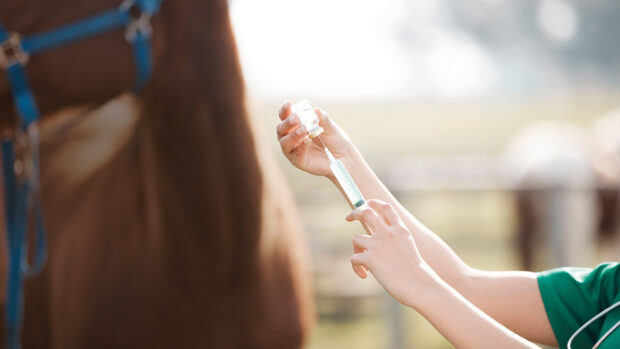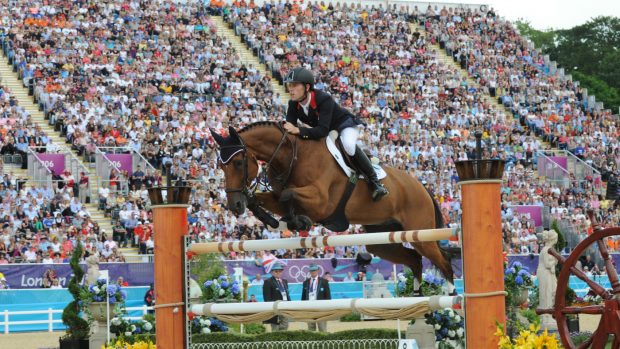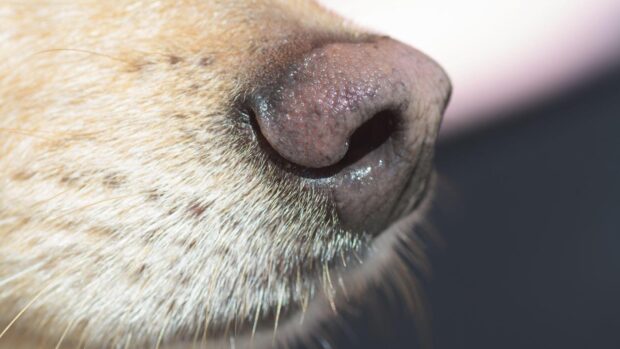Doping allegations at the Olympic Games in August have polarised opinion as to whether the International Equestrian Federation’s (FEI) rules are too harsh — or not tough enough.
FEI tribunals were held into the actions of five show jumpers — Irish rider Denis Lynch, Norwegian Tony Andre Hansen, Brazilian riders Rodrigo Pessoa and Bernardo Alves, German Christian Ahlmann and American dressage rider Courtney King.
The show jumpers’ horses tested positive for chilli pepper derivative capsaicin, and Ms King’s horse showed signs of Felbinac, a non-steroid anti-inflammatory.
A decision has still to be made in Mr Hansen’s case, but the rest were fined and/or banned from competition.
But a number of horseworld figures don’t feel the punishment was severe enough and others, including the Princess Royal, feel FEI rules need to be more flexible.
Eventer Pippa Funnell thinks anyone caught by doping tests should be banned from the sport for four years.
“In terms of the money these riders earn, a three-month ban is nothing. It should be an outright ban,” she told the World Horse Welfare Annual Conference onTuesday (11 November).
Tina Cook, who won individual and team eventing bronze at these Olympics, agreed, saying:
“If people were genuinely frightened of being banned, they wouldn’t want to take the risk. If you’re not sure about something, you should have your horse bloodtested before competition.”
But Denis Lynch, who returns to competition tomorrow (21 November) after a three-month ban, says riders need more guidance over which preparations they can use.
“The way the rules are, we are allowed to give oats and water, ice and hot towels. Everything else falls under medication rules,” he told H&H.
He said he would have any preparations used on his horses tested for prohibited substances in future.
And the Princess Royal feels account should be taken of the amount of a substance in a horse’s system, rather than the present blanket ban.
She said: “Tests are so accurate for such small quantities. I believe there should be a tolerance level, but there is no excuse [for doping].”
Chairman of the FEI veterinary committee John McEwen said the strong anti-doping stance has led to a reduced number of positive results.
But he said: “We [the FEI] have to review our rider education and expand our medicine box. It’s a pity the boundaries have been pushed by certain riders.”
This article was first published in Horse & Hound (20 November, ’08)



